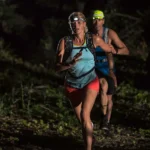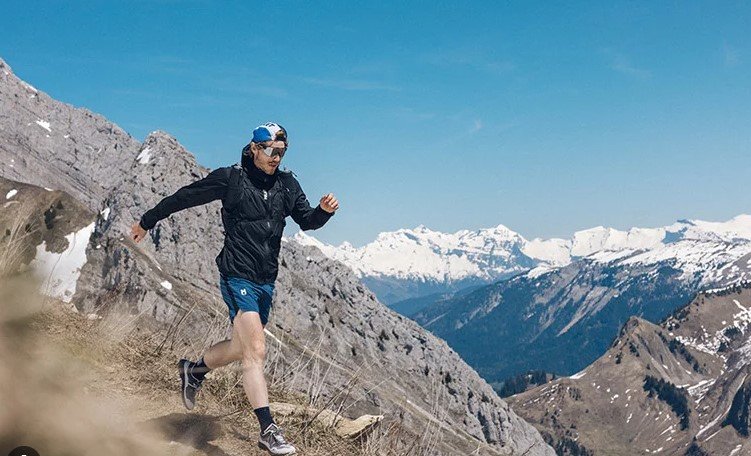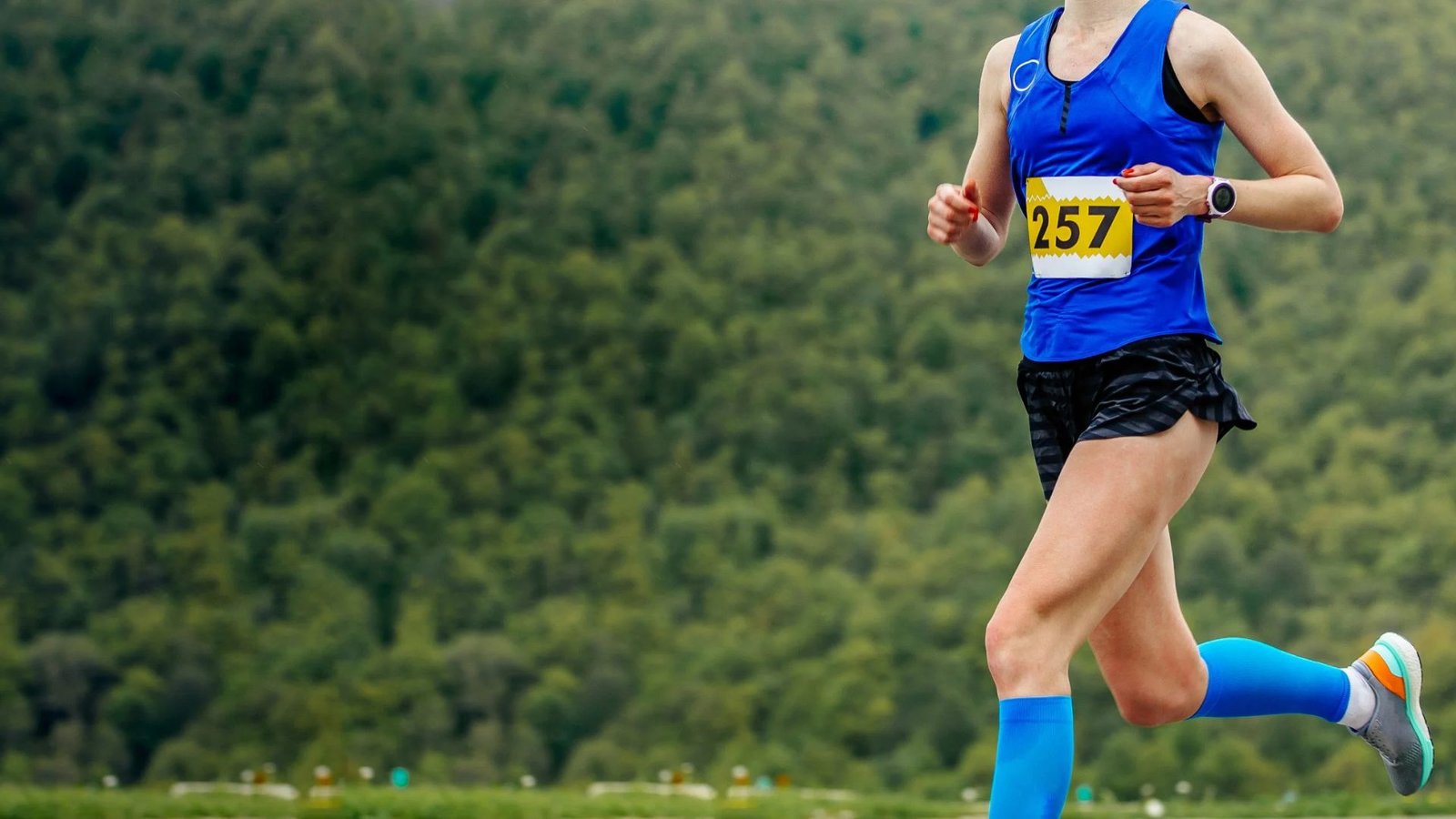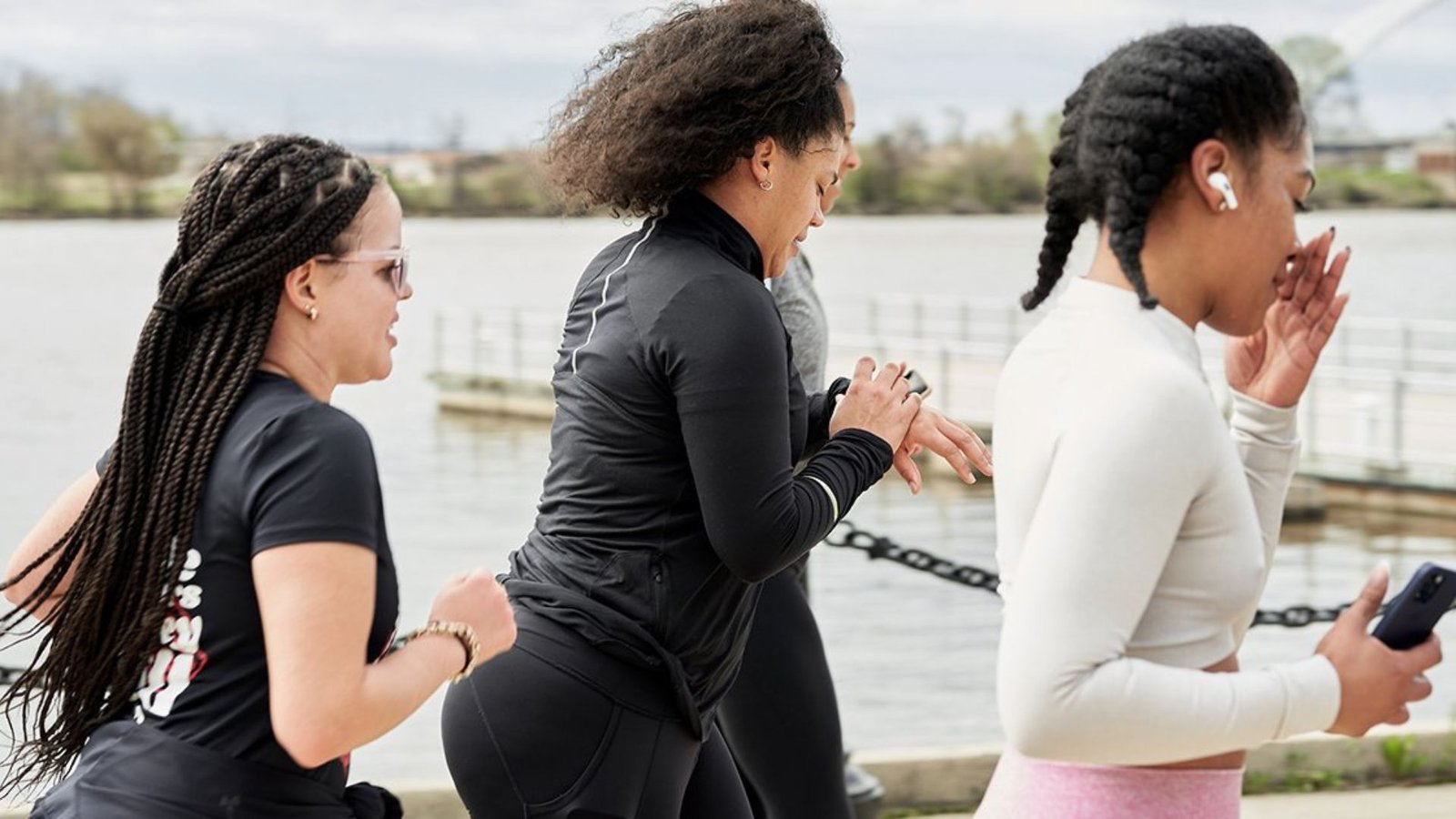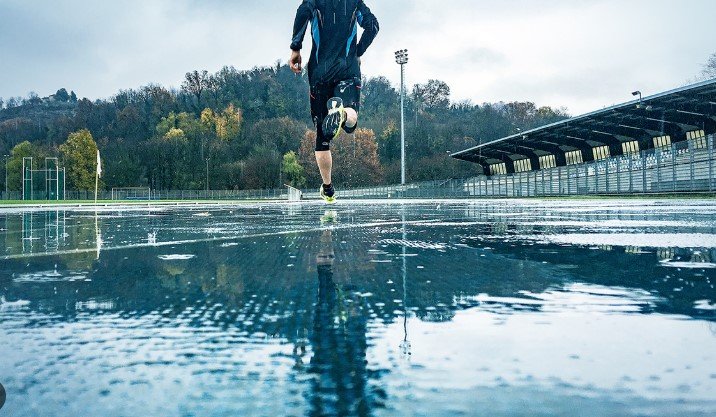Choosing your first trail race can be both exciting and overwhelming. Trail running offers a unique experience compared to road races, with varying terrain, beautiful scenery, and the opportunity to push yourself in new ways. If you’re new to trail running, knowing how to pick the right race will help you prepare and ensure a rewarding experience. In this guide, we’ll discuss key factors to consider when selecting your first trail race.
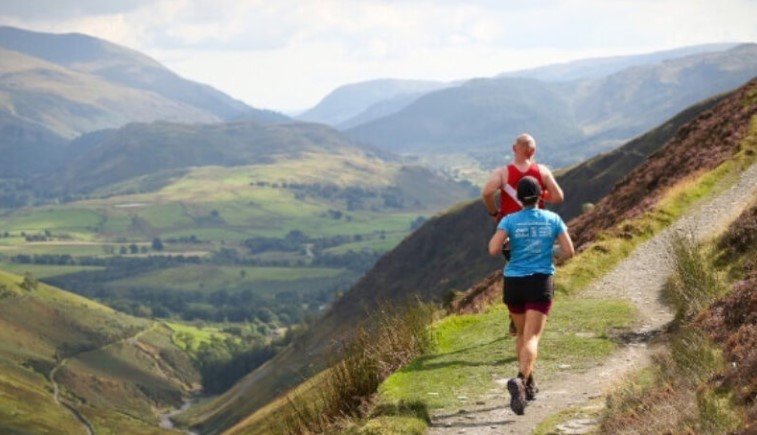
Consider Your Fitness Level and Experience
When selecting your first trail race, assess your current fitness level and running experience. Trail races can vary in difficulty, from easy, flat courses to challenging, mountainous routes. If you’re new to running or have limited trail running experience, start with a shorter, less technical race.
Choose a race that aligns with your current ability, whether it’s a 5K, 10K, or half marathon distance. Starting with a manageable course will help you build confidence, while allowing you to enjoy the experience rather than feeling overwhelmed.
Research the Terrain and Course Difficulty
Trail races are known for their varied terrain, which can include rocky paths, steep climbs, muddy sections, and river crossings. Before registering for your first race, research the course details to understand the type of terrain you’ll be running on.
If you’re new to trail running, look for a race that offers a relatively easy course with gentle elevation and a well-marked path. Avoid races with very technical or steep sections, as these may be challenging for beginners. You’ll want to choose a course that offers a balance of challenge without being too difficult for your first race.
Know the Race Location and Weather Conditions
Location plays a significant role in choosing the right trail race. Look for a race that is held in a region you can easily access, whether it’s near your hometown or somewhere you’d like to visit. Keep in mind that race conditions can vary based on the time of year, so check the typical weather for the location of the race.
If you’re running in the summer, be prepared for heat, humidity, and possibly even sun exposure. For races in cooler months, consider potential mud, snow, or rain. The weather conditions will affect your gear choices, as well as your comfort level on race day.
Assess the Race Support and Aid Stations
Race support is essential, especially for beginners. When choosing your first trail race, look for events that offer plenty of aid stations, particularly if you’re running longer distances. Aid stations provide water, snacks, and sometimes medical support, which can be critical on longer or more challenging trails.
Check if the race organizers offer any pre-race information, such as maps, course previews, or race-day briefings. These resources can help you feel more prepared and confident when you step onto the starting line.
Consider the Race Atmosphere and Community
The atmosphere and community of a race can make a huge difference in your overall experience. Trail races tend to have a more relaxed and supportive vibe compared to road races, with participants often encouraging each other throughout the course. This camaraderie can be especially valuable for first-timers.
Look for races with positive reviews or a reputation for being welcoming to beginners. Smaller races may have a more intimate feel, while larger races may offer more competition but also more support. Choosing an event with an encouraging atmosphere will help make your first trail race an enjoyable experience.
Set a Realistic Goal for Your First Trail Race
When choosing your first trail race, set a realistic goal based on your fitness level and experience. For beginners, the goal might simply be to complete the race and enjoy the experience. Avoid putting pressure on yourself to achieve a specific time or pace.
As you gain experience and confidence in trail running, you can aim for more competitive goals in future races. Remember that trail races often take longer to complete than road races due to the challenging terrain, so it’s important to manage your expectations accordingly.
Conclusion
In conclusion, choosing your first trail race is an exciting step in your running journey. By considering your fitness level, course difficulty, race location, support services, and race atmosphere, you can find an event that’s well-suited to your abilities and goals. Take your time, do your research, and most importantly, enjoy the experience of stepping onto the trails. Your first trail race will be a memorable and rewarding achievement.


